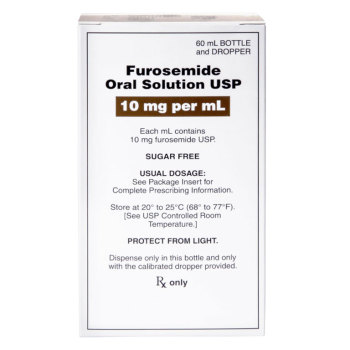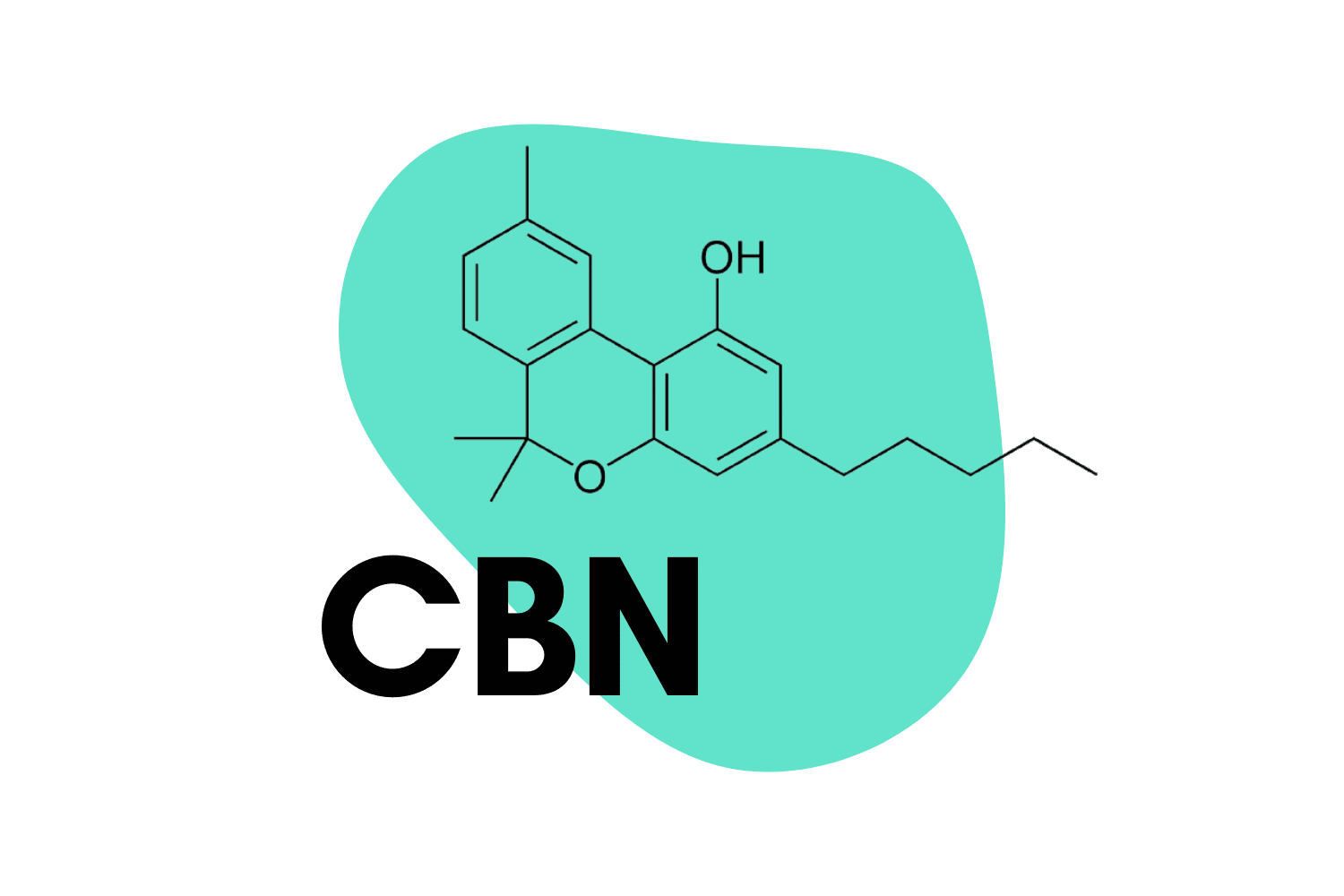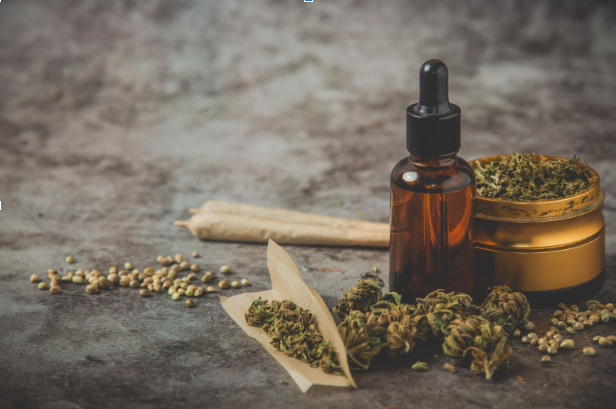
Hemp can be a valuable resource. The high rate of leaf turnover prevents soil water loss and leaves litter provide substantial organic matter. Hemp leaves are also protected from rain and evaporation because they decompose before being processed. These benefits are not the only ones. Hemp plants can also provide a high-quality source of nutrition and can be used for natural fertilizer.
Cannabis sativa
Cannabis sativa is one the fastest-growing plants in the world. It can be grown for both medicinal and industrial purposes. Its fiber is used in various products and has an extremely versatile use. It is also the most versatile plant. Cannabis sativa hemp grows quickly, making it an ideal plant for agricultural production.
Cannabis sativa produces a unique group of chemicals known as cannabinoids. Hemp is a type of cannabis plant. Its leaves can be used in the production a wide variety of products from food and textiles to animal feed and food. This versatile plant is an excellent alternative fuel resource.
The plant's genetic blueprint is an excellent resource for understanding its genetic makeup. It is a great resource for scientists to create new strains that have beneficial characteristics. This knowledge can also be used to develop therapeutic marijuana strains. This knowledge can also be useful for breeding hemp with improved agricultural characteristics.
Hemp seeds are rich in beneficial ingredients. They contain terpenes, flavonoids, and antioxidants. These compounds can also be used topically to reduce wrinkle formation. Moreover, they strengthen the skin's barrier and reduce the accumulation of bacteria. Cannabis sativa hemp seed oil contains up to 80% polyunsaturated fatty acids. These compounds are known to reduce inflammation and support the immune system in defending against damage.
Cannabis sativa can be used in many different products. The fibers obtained from hemp plants are extremely useful for making textiles, clothing, and paper. The hemp seeds are also rich sources of omega fatty acids and other essential nutrients. They are often used to treat many diseases.
CBD has antioxidant and anti-inflammatory effects. CBD has many health benefits. Because inflammation is linked to cancer, and degenerative diseases such as Alzheimer's disease, CBD can help. CBD promotes apoptosis and inhibits cell proliferation. While more research is underway into CBD's effects in the body, this plant remains a promising option for many illnesses.

You can easily grow your cannabis plant from seeds. This makes industrial hemp production much more straightforward and uniform. The lifespan of the plant takes four to six month and can grow to up to five metres (16ft) high. Hermaphrodite cannabis varieties are also available. This makes them an even more efficient choice for hemp production.
High levels vitamin E from cannabis sativa seed oils support the skin’s natural moisture barrier. It is also safe for all skin types. It balances oily skin with dry. Additionally, hemp seeds are rich in omega 3 and 6, which is a good source of omega 6 fatty acid.
It is illegal to use cannabis in food. The FDA has a policy to protect consumers. Before products containing cannabis can be made available to the public, they must be approved by FDA. The FDA has not received any reports of adverse effects related to cannabis products, but adverse events from accidental ingestion of the plant are well documented in the scientific literature.
Cannabis sativa seeds oil is a rich source for nutrient-rich oils. It is extracted from the hemp plants. It has been widely used in food and cosmetics for many years. Its popularity in cosmetics has increased over recent years. It is richly antioxidant-rich and has powerful hydrating properties.
The study found that hemp seeds contain varying levels of D9THC. The average level was twelve to sixteen mg per gram, while the highest concentrations were found in drug-type cannabis seeds. The inhomogeneity in the seeds and differences in extraction techniques may cause significant variations.
Cannabis sativa hemp is a form of cannabis that contains only small amounts of THC (tetrahydrocannabinol), and no other psychoactive effects. It is used in many ways, including for pharmaceuticals and personal care products.

Cannabis sativa - An ancient and versatile plant that has long been cultivated in different parts of the world. It can be used to provide fuel, food, nutrition, and personal care products. Until the early 1900s, hemp was only used as a fibre crop. Hemp demand fell due to competition from other plant fibres.
FAQ
Does CBD help with anxiety?
CBD oil can be used to treat anxiety. It interacts with CB1 receptors and CB2 receptors in your brain. The endocannabinoid system regulates mood and stress responses.
CB1 receptor is activated when our bodies feel anxious. This receptor activates and sends signals to amygdala which is responsible for emotional processing.
When the CB1 receptor gets blocked, the amygdala can't process emotions. CBD users report less negative feelings.
A 2017 study revealed that CBD lowers anxiety in patients suffering from social phobia. Another study confirmed that CBD can reduce symptoms associated with PTSD.
A 2018 review concluded CBD's anxiolytic qualities could be helpful in treating generalized anxiety disorder.
Another review suggested that CBD might also reduce panic attacks.
However, multiple studies have shown that CBD does increase anxiety in mice.
Researchers believe this discrepancy in animal data and human data could be due to differences between humans and dogs' responses to CBD.
CBD is not subject to any long-term safety tests. However, most experts agree that CBD is safe when used as directed.
How much CBD should I use?
The product type you're using will affect the amount of dosing.
CBD oils come in a variety of strengths, ranging from 100mg-1000mg per bottle.
Some CBD products come in specific doses such as 25mg 50mg and 75mg.
For example, the company Charlotte's Web makes CBD products with precise amounts of CBD and other cannabinoids.
You can start slowly if you aren't sure if CBD will work for your needs.
You can always move up later.
What is the difference in CBD prices between states?
Prices for CBD products vary widely depending on where you live. Prices can vary by as much as ten times depending on where you live.
Prices increase in the north. In Alaska, CBD is $35 per gram on average, while it costs $200 in Hawaii.
This trend is continued across the nation. The prices range from $5 to more than $2,500 per gram.
Why is this happening?
Prices vary because of different levels of regulation. Some states require CBD products that contain very little THC, the psychoactive component of cannabis. Others do not care about the level of THC.
Because of this, some companies choose to sell their products in one state and then ship them to another state.
Which are the best CBD uses?
CBD can also be used to treat anxiety. It can be used to treat pain, insomnia and epilepsy as well as inflammation, depression, and many other conditions.
CBD can be consumed in many different ways. CBD can be taken in many different ways.
Consuming CBD has many benefits. It has been shown in studies to alleviate chronic pain, PTSD, anxiety, among other things.
Statistics
- As a substance that was federally illegal before the passage of the 2018 Farm Bill, hemp-derived cannabinoids with no more than 0.3% THC still face a regulatory grey area. (forbes.com)
- A recent systematic review of human trials also reported that individuals with epilepsy receiving CBD (5–20 mg·kg−1·day−1) were more likely to experience decreased appetite than those receiving placebo (i.e., ~20 vs. 5% of patients) (ncbi.nlm.nih.gov)
- HR −16 mmHg; 95% CI −26, −6; I2 = 92%) (ncbi.nlm.nih.gov)
- OralWhere HED is the human equivalent dose, and Km is a correction factor estimated by dividing the average body mass (BM) of the species (60, 0.020, and 0.150 kg for 11 humans, mice, and rats, respectively) and by its surface area (see: Nair et al. (ncbi.nlm.nih.gov)
- The use of these products is likely to become even more widespread if the World Health Organization's recommendation that CBD no longer is scheduled in the international drug control conventions is adopted by the United Nations member states [201]. (ncbi.nlm.nih.gov)
External Links
How To
What are the common issues in the CBD industry?
The market for CBD products continues to grow at an amazing rate. However, this market is still full of challenges for businesses that want to expand. These include a lack of consumer awareness, high cost of entry, limited access to capital, and regulatory uncertainty.
Many consumers aren't aware of the benefits and limitations of CBD. This means that they cannot make informed decisions about whether or not to buy CBD products.
As a result, most CBD companies rely heavily on word-of-mouth marketing. This is expensive because it requires paying for advertising and hiring staff to promote their brand.
Another issue facing new entrants into the CBD industry is the high cost of production. High prices are a major problem for CBD products because of the high cost of raw materials. CBD oil is made from hemp that has been grown in particular climates.
Grow enough hemp to produce CBD oil requires approximately $1,000 per annum. Many small farmers can't afford to begin.
A lack of capital access is another issue that new entrants will face in the CBD marketplace. Banks discourage many people from starting a business because of the stigma attached to this industry.
Finally, there is regulatory uncertainty surrounding the sale of CBD products. There are currently not clear guidelines as to how CBD products should marketing.
Despite some states having passed laws restricting the sale CBD products, this is not yet a national policy.
Only Nevada and Maine have so far legalized recreational marijuana.
Some states, such as Michigan and Massachusetts, are looking at similar measures.
These changes could lead to increased competition between CBD manufacturers.
Many entrepreneurs prefer to work at home over starting a business.